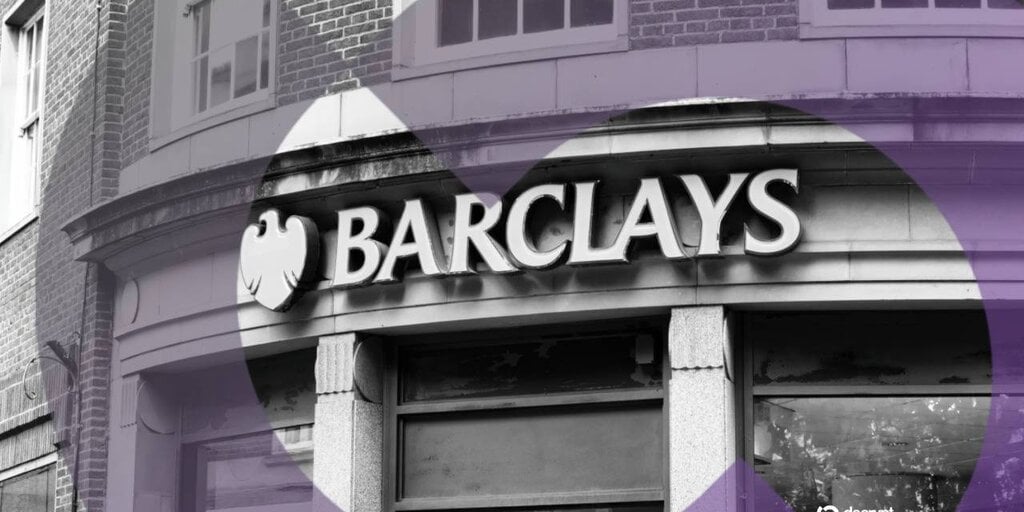Barclays Bank announced today that it will commence blocking cryptocurrency transactions made with its Barclaycard effective June 27, 2025. This move places the bank alongside a growing number of UK institutions tightening restrictions on digital asset purchases.
“From 27 June 2025, we’ll block crypto-transactions made with a Barclaycard because we recognise there are certain risks with purchasing crypto-currencies.”
The lender cited consumer debt risks and a lack of financial safety nets as primary concerns in its statement published on the Barclaycard website. Barclays explicitly warned that a potential decline in cryptocurrency values could trap customers in unmanageable debt.
Furthermore, the bank highlighted a critical issue: cryptocurrency assets themselves are not protected under the UK’s Financial Services Compensation Scheme (FSCS), which safeguards deposits and investments up to a certain amount within standard bank and building society accounts.
This Decision Echoes Wider Regulatory Trends
The announcement appears to respond directly to concerns raised by the UK’s Financial Conduct Authority (FCA). Earlier this year, the FCA published a discussion paper questioning the sustainability of credit-based cryptocurrency purchases.
“We are concerned that consumers buying crypto assets with credit may take on unsustainable debt, particularly if the value of their crypto asset drops,” contributed by the FCA.
The FCA’s concerns are supported by empirical data. Although a discussion point, a YouGov survey referenced in the FCA paper found a increase in UK crypto investors utilizing credit cards, rising from 6% in August 2022 to 14% by August 2024.
A Pattern of Withdrawal Across the UK Banking Sector
Barclays’ decision continues an increasingly restrictive posture observed among UK financial institutions over recent years. Similar prohibitions or spending limits were implemented by:
- Chase UK: Prevented *all* crypto transactions (credit or debit cards).
- Nationwide: Imposed a £5,000 limit (approx. $6,860 USD) on crypto purchases using debit cards.
Moreover, a broader pattern exists: Barclays and Lloyds have allegedly blocked transfers to Binance for years; TSB and Santander adopted complete crypto purchase bans since 2021 and 2022 respectively.
Expert Commentary: Balancing Risk and Consumer Financial Freedom
The restrictions continue to provoke debate among financial analysts. Glen Goodman, a crypto analyst and author, acknowledged bank concerns regarding the financial fragility some investors face due to leverage.
“While he can sympathize with a bank stopping the use of credit for crypto purchases… he doesn’t think it’s right that it can stop someone from spending their own money,” according to Decrypt news quoting Goodman.
“If Barclaycard doesn’t want to lend money to crypto traders, that’s up to them… they make a good point that crypto losses are never covered by the financial services compensation scheme.”
Notwithstanding these reservations, Goodman stressed the primary danger lies in the use of unsustainable debt for crypto speculation, a practice cautioned against despite its prevalence among experienced traders.












